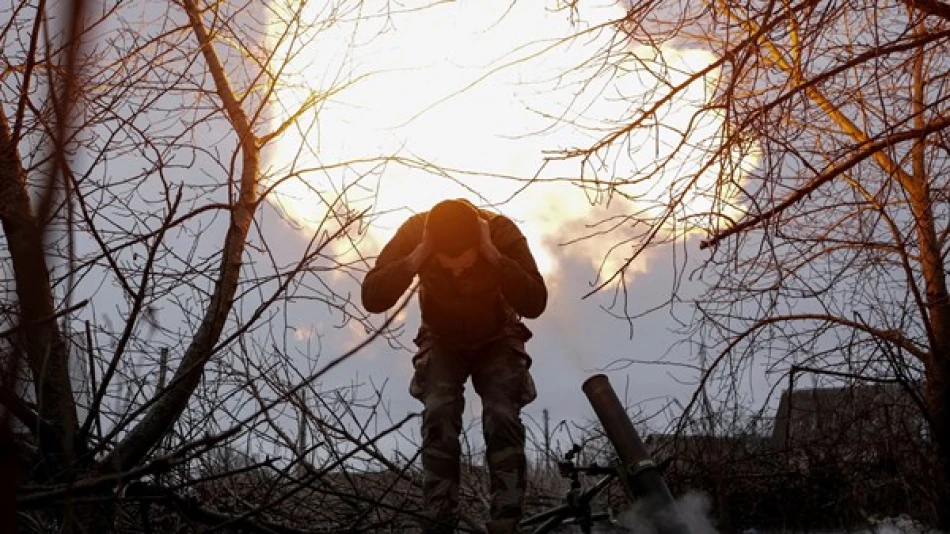
Ukraine Regains Villages in Donetsk, Bolsters Defense Efforts
Ukraine Claims Tactical Victory in Donetsk as Military Dynamics Shift Along Eastern Front
Ukrainian forces have recaptured three villages in the contested Donetsk region, marking a rare territorial gain for Kyiv amid what has largely been a static conflict along the eastern front. The announcement by Ukraine's top military commander suggests a potential shift in battlefield momentum, though the strategic significance of these modest gains remains to be tested against Russia's broader territorial control in the region.
The Recaptured Territory
General Oleksandr Syrskyi, Commander-in-Chief of Ukraine's Armed Forces, announced Sunday that Ukrainian troops had successfully executed a counteroffensive operation, retaking the villages of Mykhailivka, Zelenyi Hai, and Volodymyrivka in the Donetsk region. The announcement, made via social media, represents one of the few instances in recent months where Ukrainian forces have reported territorial advances rather than defensive actions.
Strategic Context of Donetsk Region
The Donetsk region has been at the heart of the conflict since 2014, when Russian-backed separatists first declared independence. The area holds significant industrial value, containing key mining and manufacturing infrastructure that both sides view as economically vital. Russian forces have maintained control over substantial portions of Donetsk since the early phases of the 2022 invasion, making any Ukrainian territorial gains particularly noteworthy.
Military Implications and Battlefield Assessment
While the recapture of three villages may appear modest in scale, such operations serve multiple strategic purposes beyond territorial control. These gains can boost military morale, demonstrate continued Ukrainian offensive capability, and potentially create tactical advantages for future operations. However, the sustainability of these positions will depend heavily on Ukraine's ability to fortify and supply these forward positions against inevitable Russian counterattacks.
Comparison to Previous Counteroffensives
This development contrasts sharply with Ukraine's major counteroffensive attempts in 2023, which yielded limited territorial gains despite significant resource investment. The current operation appears more focused and limited in scope, potentially reflecting lessons learned from previous large-scale operations that struggled against entrenched Russian defensive positions and extensive minefields.
Broader Military and Political Ramifications
The timing of this announcement carries political weight as Ukraine continues to seek sustained international support amid concerns about war fatigue among Western allies. Demonstrating active military progress, even on a small scale, helps counter narratives of a stalemated conflict and reinforces arguments for continued military aid.
For Russia, losing even small territorial holdings in Donetsk represents a symbolic setback in a region Moscow considers integral to its war objectives. The Kremlin's response to these losses will likely indicate whether Russia views this as a temporary tactical setback or a more significant threat requiring resource reallocation.
International Support Dynamics
These territorial gains come at a crucial time as Ukraine navigates changing political landscapes in key ally nations. Success on the battlefield, however limited, strengthens Ukraine's position in ongoing discussions about long-term military support and potential diplomatic negotiations. The operation demonstrates that Ukrainian forces retain offensive capabilities despite nearly two years of intensive warfare.
Most Viewed News

 Layla Al Mansoori
Layla Al Mansoori






